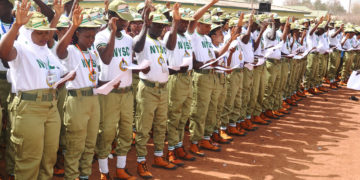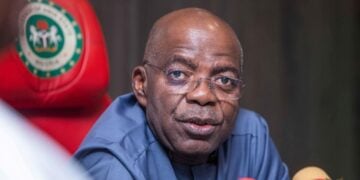The National Commission for Mass Literacy, Adult and Non-Formal Education (NMEC) has distributed vocational tools and equipment to women and youths in the North East region.
The initiative, designed to empower vulnerable groups with practical skills, is part of the commission’s ongoing efforts to link literacy with economic empowerment.
At the presentation of the tools to the beneficiaries in Bauchi, the executive secretary of NMEC, Prof. Musa Maitafsir, described the event as a major step towards eradicating illiteracy and promoting lifelong learning.
Maitafsir reiterated the commission’s vision to provide non-formal and continuing education within the context of lifelong learning for sustainable development.
He said education, regardless of age, is a fundamental human right that must be accessible to all. “Many youths and adults of today were denied this right at the so-called ‘proper age.’ To deny them a second opportunity later in life is to deny them their right to education again,” he added.
The executive secretary noted the challenges facing Nigeria’s literacy landscape as a rising number of out-of-school children, youth unemployment, gender inequality, poor access to education and the growing issue of “schooling without learning.”
He said these challenges were exacerbating the country’s socio-economic disparities and threatening national security and stability.
“As our country strives to compete in today’s rapidly changing society, every citizen must possess knowledge, skills, and competencies—including literacy, numeracy, and digital proficiency—to participate fully in social, economic, cultural, and civic life,” Maitafsir explained.
He commended the governments and agencies in the North-East for their commitment to adult and non-formal education despite challenges such as irregular facilitator payments, inadequate learning materials, and low political will. He also lauded the federal government for its efforts to address these obstacles and promote lifelong learning nationwide.
Our correspondent reports that beneficiaries, drawn from the six northeastern states, commended the commission for supporting their means of livelihood. They also displayed various trades and arts at the event.




